“Do deer eat black walnuts?” – It is a question that has puzzled many nature enthusiasts, gardeners, and hunters alike. Have you ever wondered the answer to the question, too?
Today, we’re going to uncover the mystery of deer diets and see what deer eat, especially looking at black walnuts and other nuts or food resources that may attract them.
Do Deer Eat Black Walnuts?
The short answer is: Yes. Deer will eat walnuts. But it is not their common food, as they usually don’t go out of their way to find walnuts. The hard shells can be a challenge for deer to crack open. Unlike squirrels, which have strong teeth designed for this task, deer cannot easily access the nutmeat inside.
If the walnuts are already broken, deer might eat them. Here is a short video of a deer eating walnuts:
Black walnuts contain a compound called juglone, which can be toxic to some animals. While deer are generally resistant to its effects, they may instinctively avoid consuming large quantities.
Deer may eat tender shoots and leaves of young black walnut trees, especially during spring when other sources of food are limited. Although deer do not intentionally eat nuts, they may unknowingly swallow them while searching for other food sources on the ground.
What Are Deer’s Favorite Nuts?
Deer love acorns the most, but they also enjoy other nuts like pecans and hickory nuts. These nuts are rich in fats and nutrients which are beneficial for deer, especially in the fall and winter.
Here are some of their favorites:
1. Acorns
Acorns are one of the favorite nuts in the deer world. These little items are packed with nutrients and are a main part of many deer diets. Here’s why deer go nuts for acorns:
- Acorns are high in calories and fat. Perfect for deer to build up reserves before winter.
- They are abundant and easy to find. Oak trees are common in many deer habitats.
- Different oak species produce acorns with different tastes, giving deer some variety.
Deer can distinguish between different types of acorns and often prefers white oak acorns over red oak acorns due to their lower tannin content and sweeter taste.
2. Hickory Nuts
Hickory nuts are another favorite among deer. These nuts offer a rich, buttery flavor and are more appealing to deer than the bitter taste of black walnuts. They have high nutritional value and essential minerals that are good for deer.
However, hickory nuts are popular with other wildlife animals as well, so deer may have some competition for this tasty snack.
3. Beechnuts
Beechnuts may be small, but they are very nutritious for deer. They have a sweet taste that is appealing to deer’s preference. Also, the high-fat content is an excellent energy source for deer, especially in fall and winter.
The beechnuts are smaller than black walnuts, making them easy for deer to consume quickly. The downside? Beech trees don’t produce nuts every year, so this food source isn’t always reliable for deer.
4. Pecans
Deer do eat pecans. Pecans are one of the nuts that deer enjoy, especially if they are already cracked open. They provide good fats and nutrients for the deer.
What Are The Benefits Of Nut Consumption for Deer?
Nuts play a crucial role in deer health, especially during fall and winter.
Nuts are high in calories, which helps deer build fat reserves for the winter. They are also rich in nutrients, providing essential vitamins and minerals that support overall health. Additionally, the high protein content in nuts aids in antler development.
However, there are some downsides to a diet high in nuts. A diet too heavy in nuts can lead to nutritional imbalances. Furthermore, consuming large quantities of certain nuts, like acorns, can cause digestive problems in deer.
How to Protect Your Nut Trees from Deer?
Now we know deer are into some of the nuts. If you’re growing nut trees and want to protect them from deer, consider these strategies:
- Fencing: Install tall fences (at least 8 feet high) around your nut trees.
- Repellents: Use commercial deer repellents or homemade solutions (like soap) to deter deer.
- Scare tactics: Try noise makers, motion-activated sprinklers, or reflective tape to scare
- Plant protection: Use tree tubes or wire cages to protect young trees.
- Alternative food sources: Plant deer-preferred plants away from your nut trees to divert their attention.
Remember, no single method is foolproof. It is recommended to use a combination of strategies to achieve the best results.
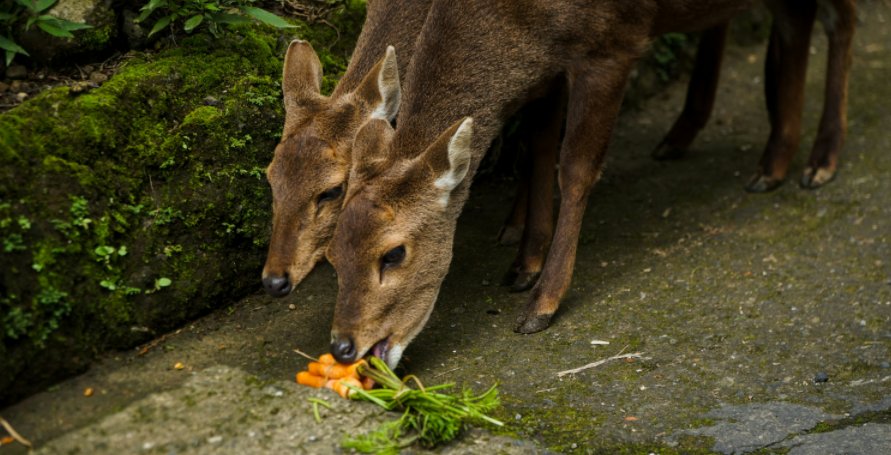
What Else Can Deer Eat?
Can deer eat Quaker oats?
Yes, deer can eat Quaker oats. Oats are a good source of nutrition and are easy for deer to digest. They can be a great supplement to their natural diet, especially in the winter months when food is scarce.
Do deer eat peanut butter?
Deer do eat peanut butter and they seem to love it! You can smear some peanut butter on a tree or a feeding station to attract deer. Just remember to use it sparingly as a treat rather than a staple food.
Will deer eat human food?
Deer might eat some human foods, but it’s not recommended to feed them things like bread, chips, or processed foods. These can be harmful to their digestive system. Stick to natural foods that are closer to their natural diet.
What can I feed my backyard deer?
If you want to feed backyard deer, offer them things like fruits (apples, pears), vegetables (carrots, sweet potatoes), and grains (corn, oats). Always provide these in moderation and ensure they are cut into manageable pieces.
What can deer get sick with?
Deer can get sick with various diseases like Chronic Wasting Disease (CWD), Epizootic Hemorrhagic Disease (EHD), and Lyme disease. It’s important to avoid feeding them in a way that encourages unnatural congregation, which can spread diseases.
What do deer hate the most?
Deer tend to avoid strong scents and tastes like garlic, onions, and certain herbs. They also dislike the smell of human scent and predator urine. Using these can help keep deer away from gardens and crops.
What food can deer not eat?
Deer should not eat foods like bread or any processed human foods. While deer can eat corn, it should only be given in small amounts. These can cause digestive issues and are not nutritionally balanced for them.
Certain plants can be toxic to deer, including azaleas, rhododendrons, and yew. It’s important to be aware of these if you have them in your yard or garden.
What is the best thing to feed deer in winter?
In winter, the best thing to feed deer is a mix of high-energy foods like corn, oats, and specially formulated deer pellets. These provide the necessary calories and nutrients to help them survive the cold months. Always ensure fresh water is available too.
Conclusion
So, deer eat black walnuts. While they might eat the leaves or young shoots, black walnuts themselves aren’t a preferred food for deer. However, other nuts like acorns and hickory nuts play a crucial role in deer diets, especially during fall and winter.
Understanding what deer eat and why helps us understand them more with the ecosystems. It also allows us to make informed decisions about wildlife management and gardening practices.
Nature is full of surprises, and there’s always more to learn. Interested in more about deer? Check out:
- Do Deer Eat Oranges? Or What Can Deer Eat?
- Do Deer Eat Grass? What Plants Do Deer Eat (and Don’t)?
- Can Deer See Red Light? What Color Can Deer See?


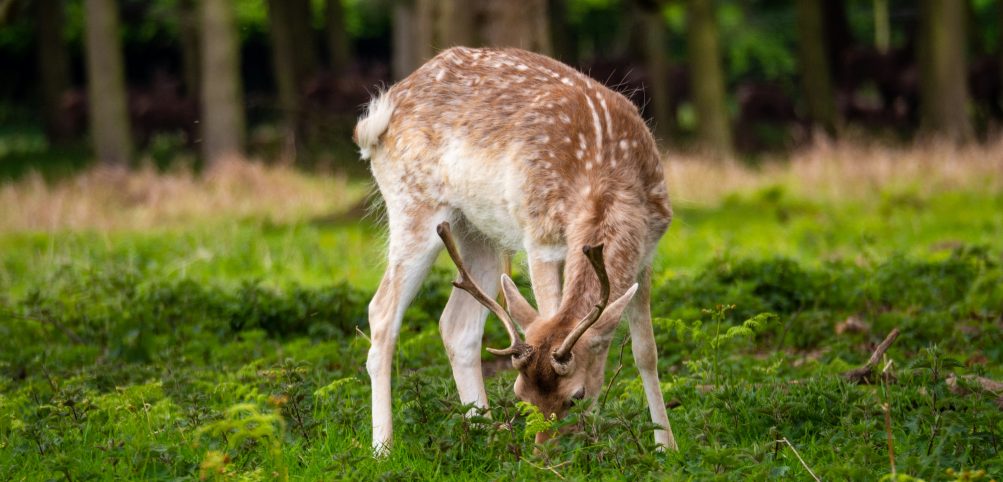
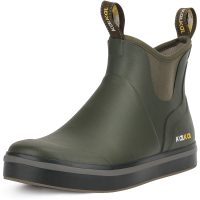



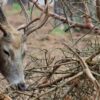
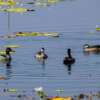
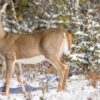

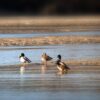
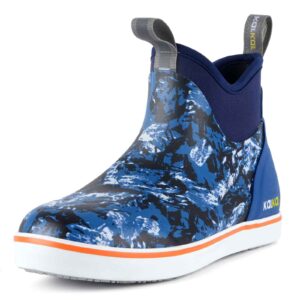

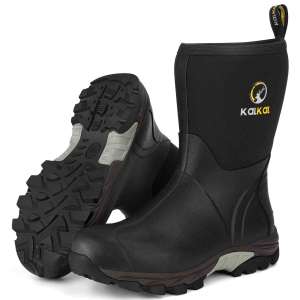
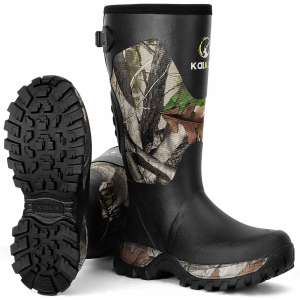
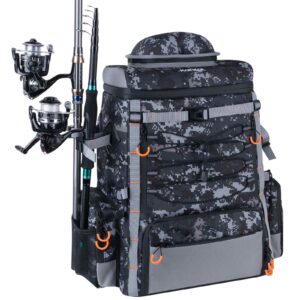


Leave a reply